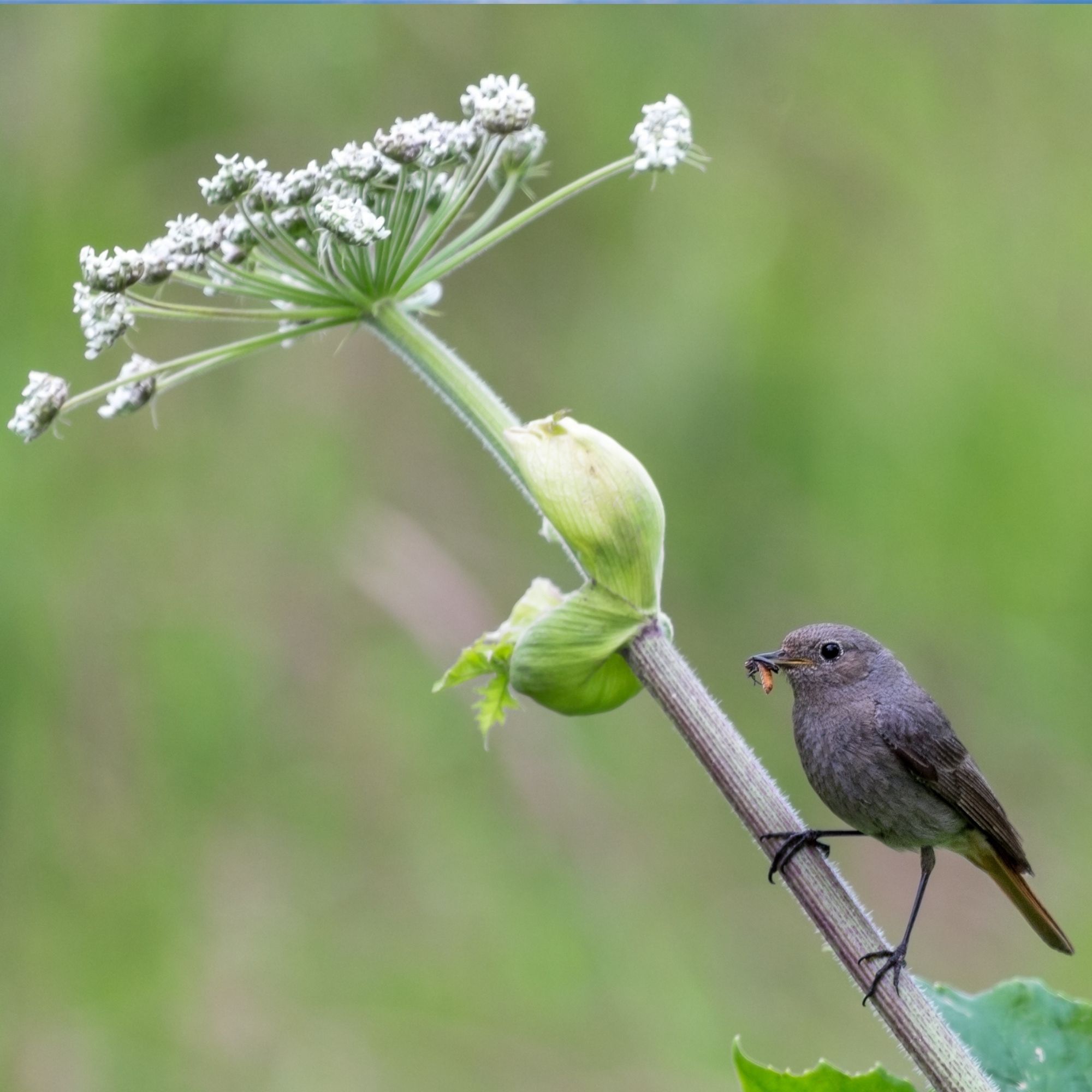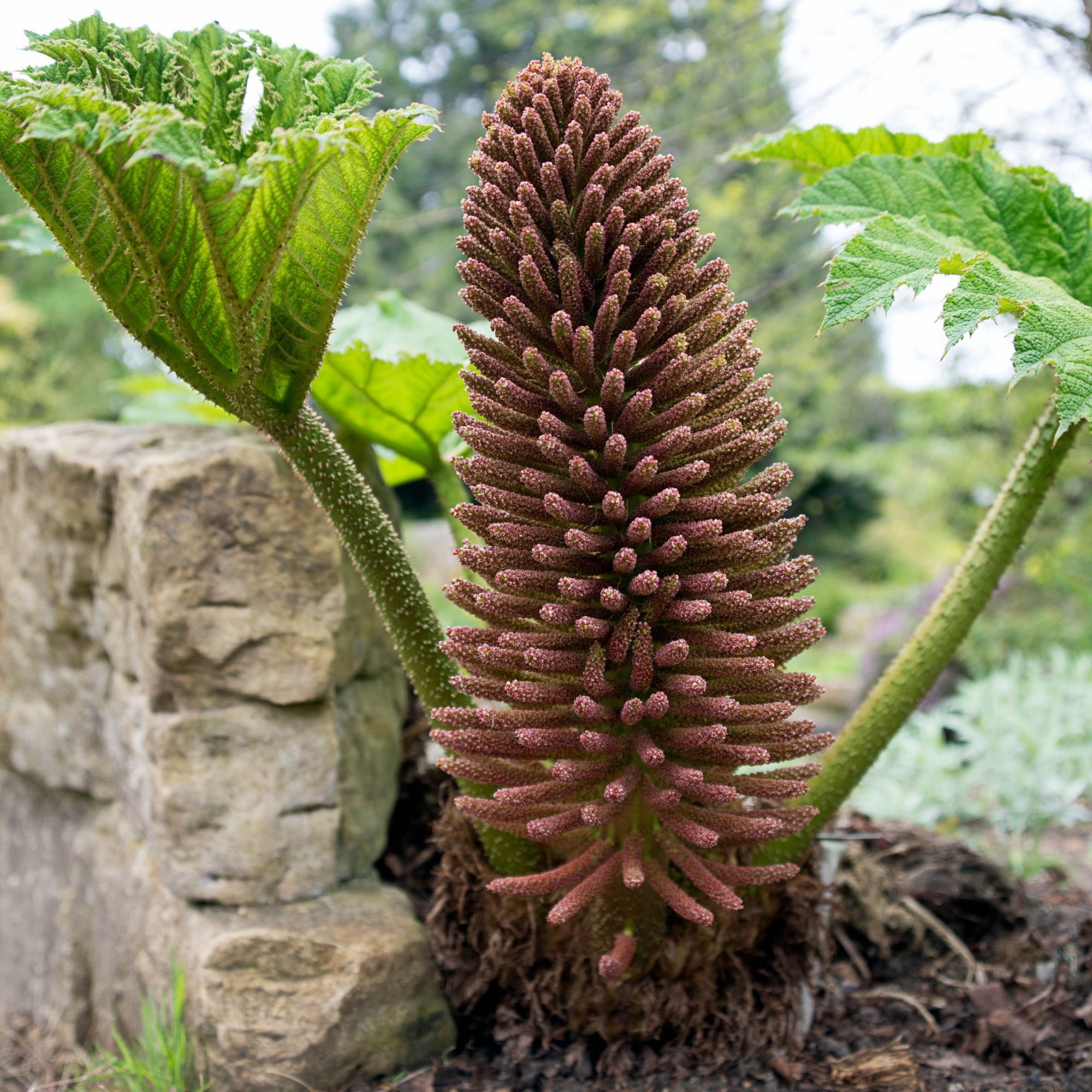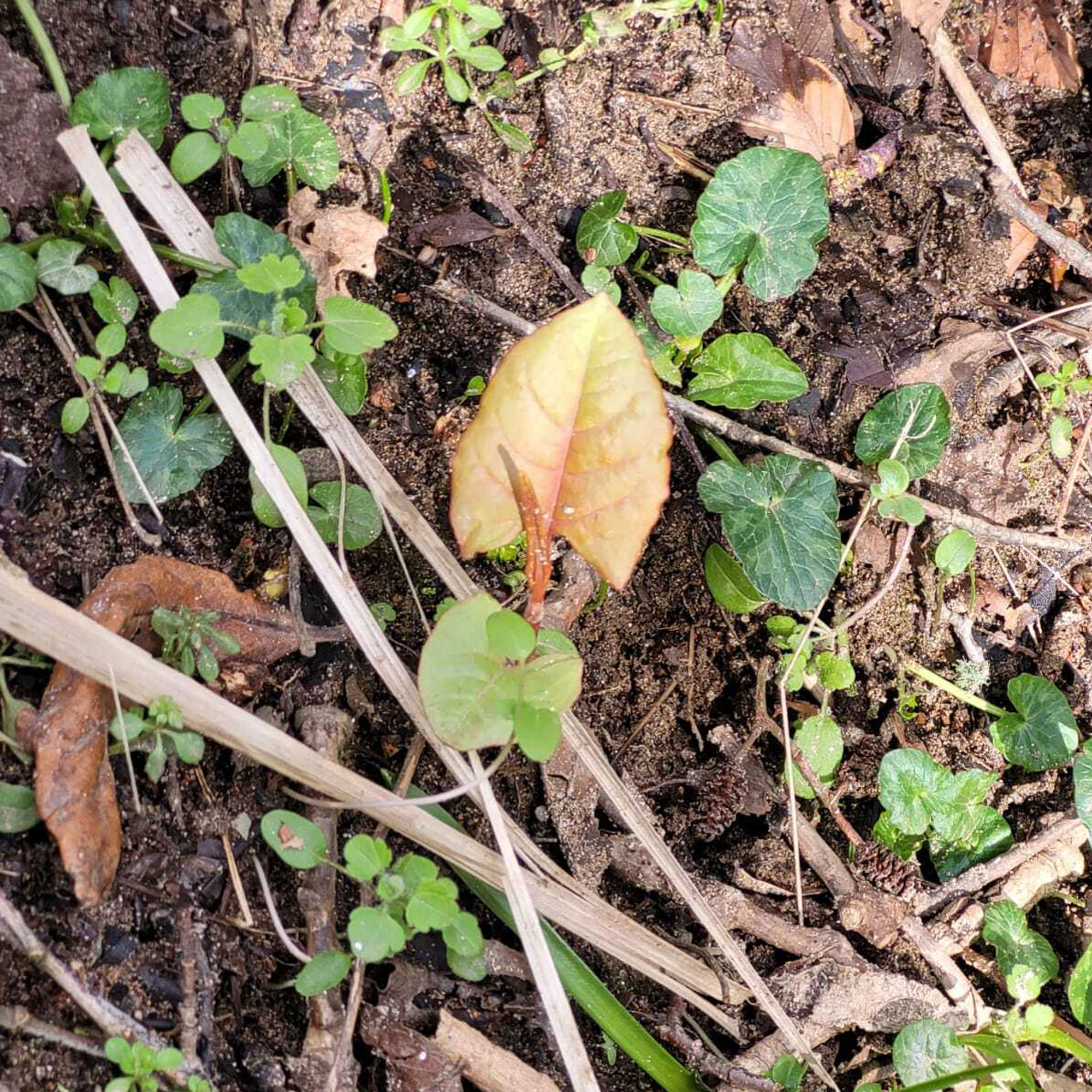Gardeners could be slapped with a £5,000 fine for this garden waste mistake
This major garden waste mistake could prove an eye-wateringly expensive one


How bad could a garden waste mistake really be? Well, it depends: if you've accidentally thrown away something that's integral to one of your must-try garden ideas, it's definitely a downer.
If you've accidentally spread an invasive plant species, though, you could be slapped with a £5,0000 fine – or even sent to prison for 3 months. Yikes.
With that in mind, then, it's time to set down that list of garden trends (just for a moment, we promise), and instead take a moment to learn the dos and don'ts of garden waste.
The ultimate garden waste mistake
When it comes to chucking out garden waste – particularly weeds and plant cuttings – it's very important to pay attention to what you're doing.

'There are 36 species of invasive alien plants that are listed as species of special concern because of their invasiveness, and ability to establish in several nations across Europe, including the UK,' reads a warning from Gov.uk.
'They cause severe problems for native UK plants and the environment.'
Invasive plants to watch out for
One of the plants on the list? Japanese knotweed, of course, which is known for its aggressive growth and ability to outcompete native plants, leading to the destruction of natural habitats and reducing biodiversity.
Sign up to our newsletter for style inspiration, real homes, project and garden advice and shopping know-how
However, there are plenty of other plants to watch out for, including:
- Chilean rhubarb
- Giant hogweed
- Floating pennywort
- American skunk cabbage
- Curly waterweed
- Himalayan balsam
- Parrot’s feather
- Nuttall’s waterweed

What are the risks posed by spreading these invasive plants, though? Other than the potential fine and prison sentence, of course?
Well, according to Andrew and Christopher O'Donoghue of Gardens Revived, a seemingly simple garden waste mistake can cause...
- Overcrowding: 'Invasive plants can quickly overtake native species, leading to imbalances in the ecosystem and reduced biodiversity,' says Andrew.
- Aggressive growth: 'Some invasive plants have rapid growth rates, making them difficult to control and potentially causing damage to other garden plants,' says Christopher..
- Spread to natural areas: 'Invasive plants can escape gardens and spread to nearby natural habitats, disrupting local ecosystems,' they explain.
- Health hazards: 'Certain invasive plants may cause skin irritation or allergic reactions upon contact,' adds Andrew.
- Soil degradation: 'Invasive plants can deplete soil nutrients and impact the overall health of the garden,' warns Christopher.
What to do if you find invasive plants in your garden

'When removing invasive plants from your garden, be careful not to spread seeds or fragments that can take root elsewhere, and bag them securely' says Morris Hankinson, director of Hopes Grove Nurseries.
'Whatever you do, do not compost invasive plant materials, as the composting process might not kill the plants' seeds or parts, leading to their potential spread when using the compost,' he adds.

It is important to note that some areas may have specific guidelines for disposing of invasive plants, so it's always worth contacting your local authority to learn about proper disposal methods.
And, if you do spot invasive plants in your area, make sure that you report them to your local council so that appropriate actions can be taken to manage their spread,.
'Sometimes doing nothing can be the worst course of action,' agrees Andrew, noting that fines may be issued for simply not taking appropriate action to prevent the spread of invasive plants from your property to neighboring areas or natural habitats.
With that in mind, then, we're off to inspect our garden incredibly thoroughly. See you in a few hours...
What should I do if I find Japanese knotweed in my garden?
If you find Japanese knotweed (or any other invasive plant) growing in your garden, you need to take prompt action to control and manage its spread. Here are some steps you can follow:
1. Confirm the plant's identity. 'If you are unsure about the species, you can seek help from local horticulturists, gardening centres, or contact your local council's environmental department for assistance,' says Andrew..
2. Report it. If Japanese knotweed is confirmed, report its presence to your local council or authorities. They may have specific procedures in place for handling invasive plant sightings.
3. Seek professional advice. 'It is important to seek advice from a qualified professional, such as a trained horticulturist or a specialist invasive plant control company,' says Christopher. 'They can provide recommendations on the best course of action for managing the knotweed.'
4. Prevent further spread. Take care not to spread the plant further when handling it. Never ever compost it or dispose of it in green waste bins.
5. Consider your legal responsibilities. 'Be aware of your legal responsibilities regarding the control and disposal of invasive plants,' urges Andrew. 'It's essential to comply with local regulations.'
6. Control it. Depending on the extent of the infestation, various control methods can be used, such as digging out the plants. It's essential to follow proper guidelines to prevent regrowth and further spread. 'Definitely consider hiring professionals to remove and dispose of them properly,' adds Morris.
7. Monitor and maintain the area. Regularly monitor the affected area to ensure that the plant does not return. Continuous maintenance is often necessary to control invasive species effectively.
'Remember, Japanese knotweed is a highly invasive plant, and its control can be challenging,' says Christopher.
'Therefore, seeking professional assistance and complying with local regulations are crucial for effective management.'

Kayleigh Dray became Ideal Home’s Acting Content Editor in the spring of 2023, and is very excited to get to work. She joins the team after a decade-long career working as a journalist and editor across a number of leading lifestyle brands, both in-house and as a freelancer.